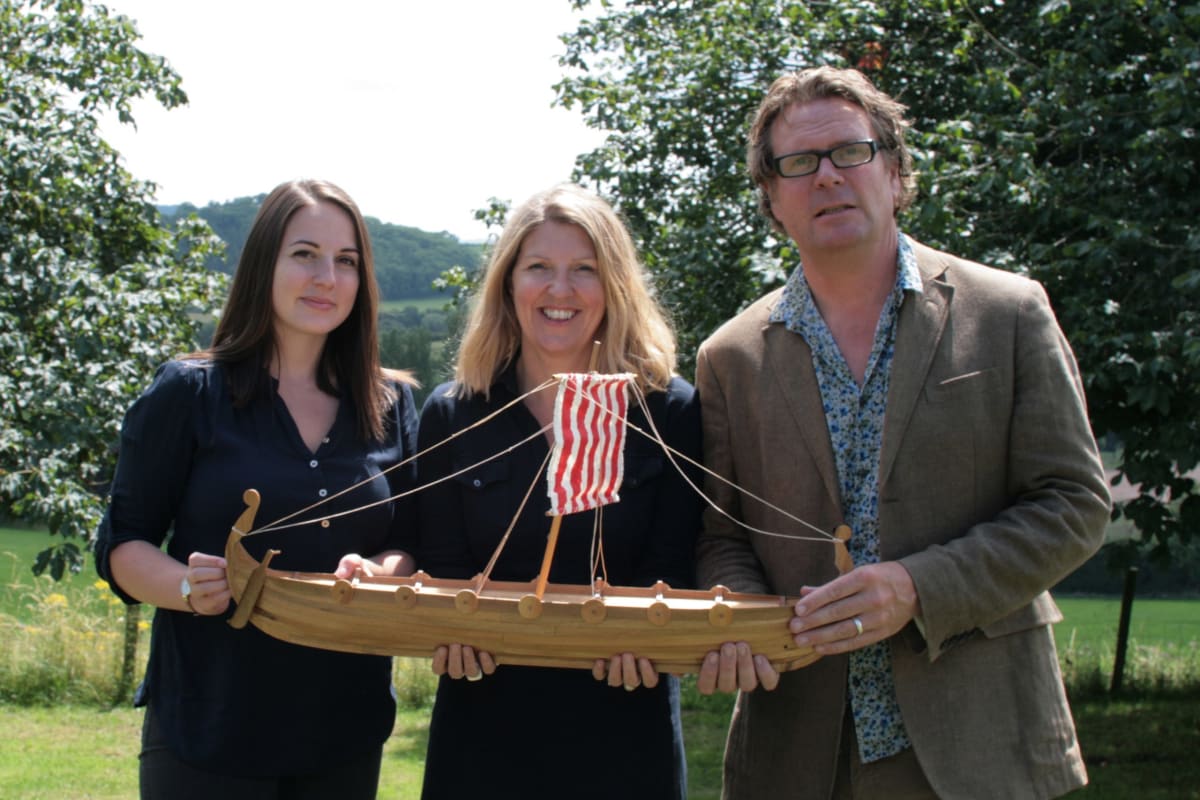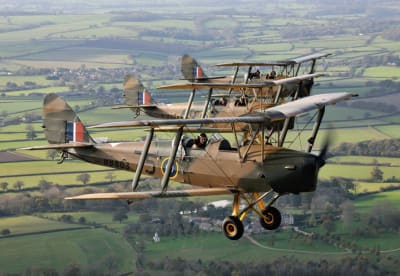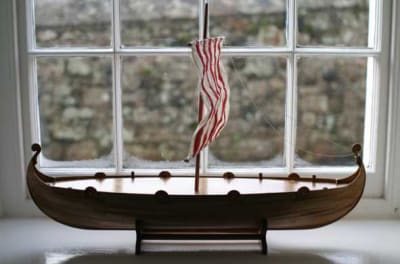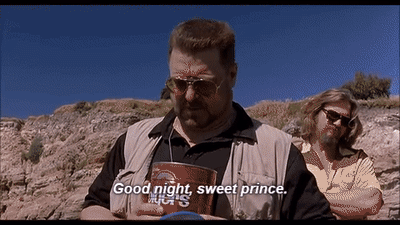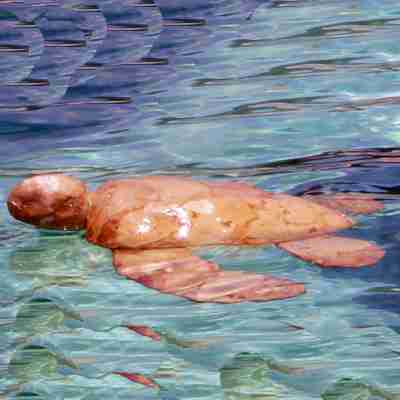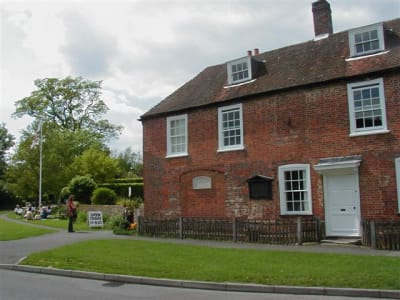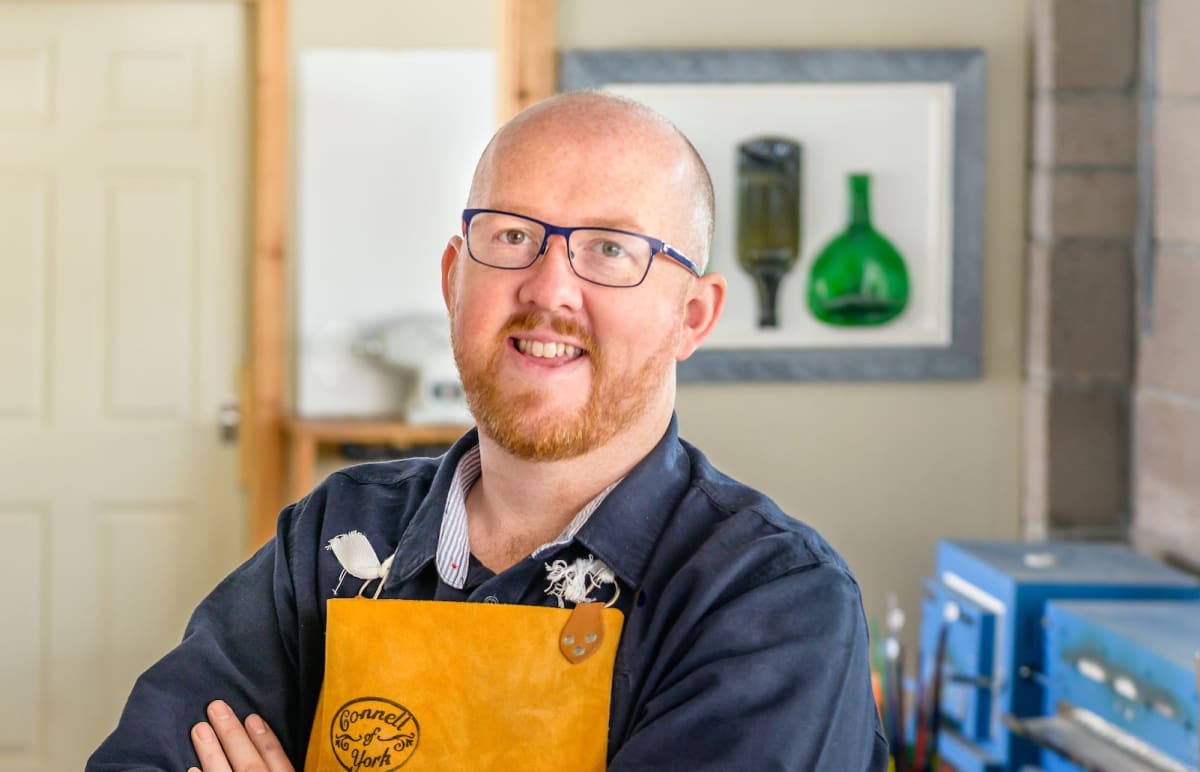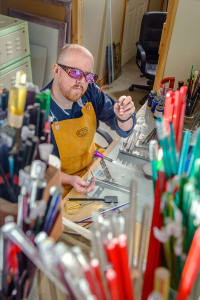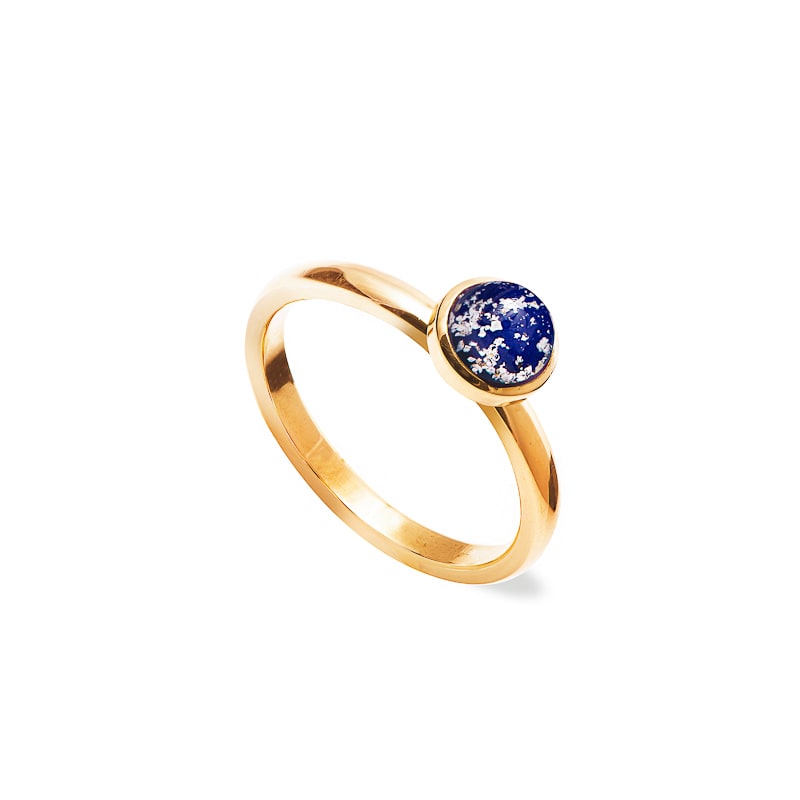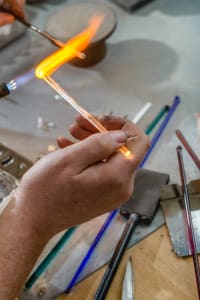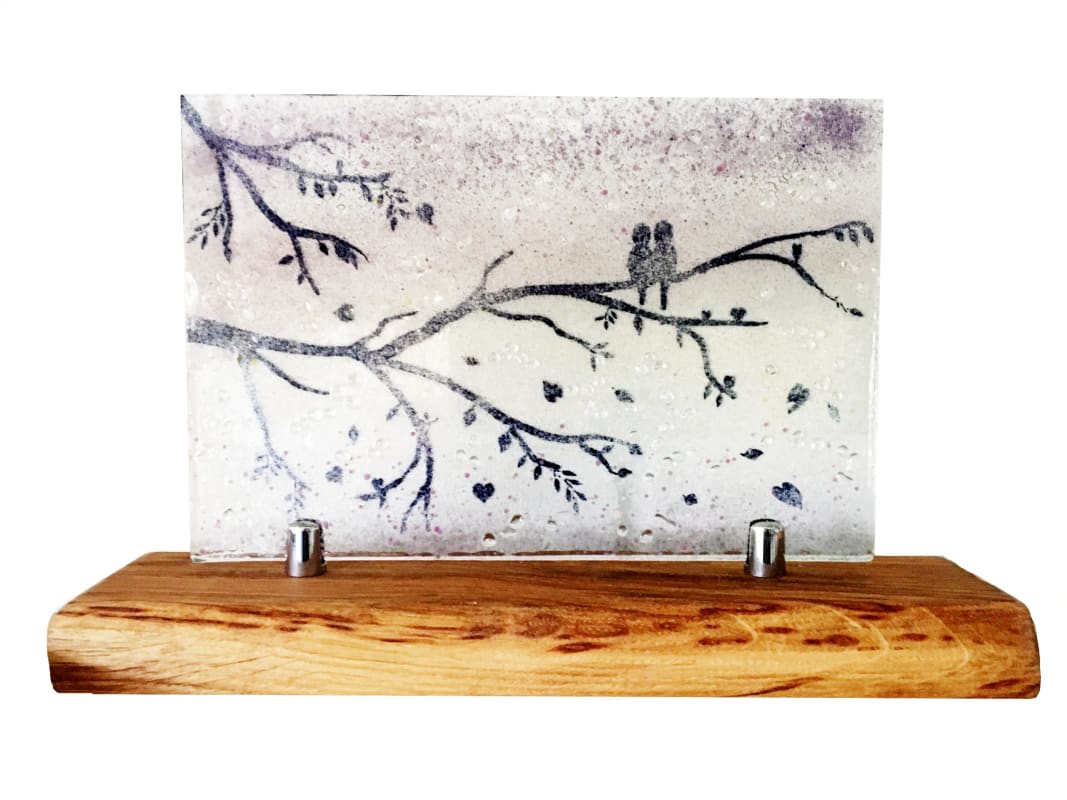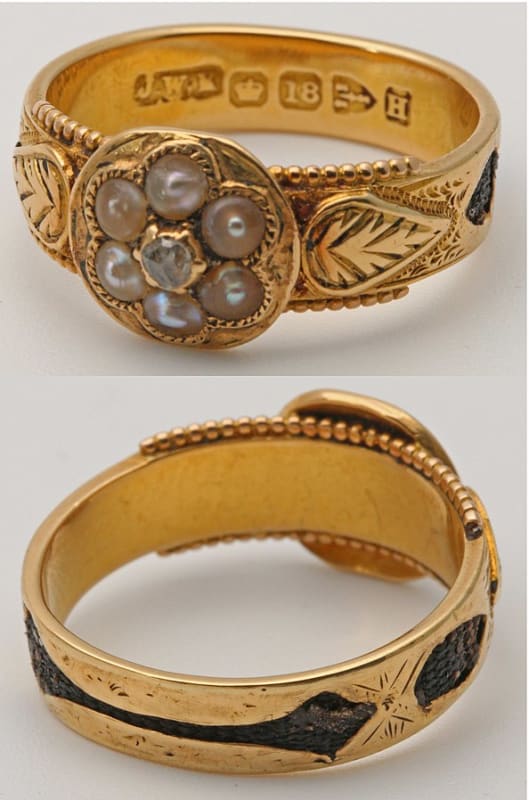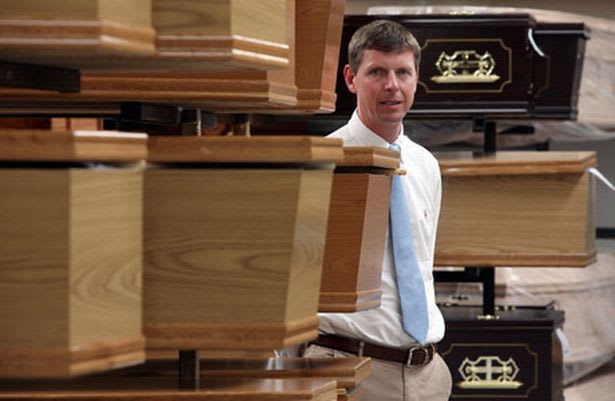
There’s a lot more to the coffin industry than you may think. It’s why we caught up with Chris Taylor, sales manager for the North and Scotland at JC Atkinson – one of the leading coffin manufacturers in the UK – to find out more.
As a family run business with many years of experience, they manufacture an incredibly large and diverse range of coffins and were voted the ‘Best Green Company’ in The Times newspaper’s 2008 business polls. We spoke to Chris at the National Funeral Exhibition about the state of the industry and on what the future has in store for coffin manufacturers.

How long has JC Atkinson been in business for?
We have been around for about 80 years now and were originally founded by our managing director’s father and grandfather. Initially, we started with very traditional British made coffins, but over the last 25 years we’ve started to give people more choice.
How important is it to give people the choice to have things the way they want?
Funerals are fundamentally a very personal life event, and becoming more so. I think people forget that coffins are not for the deceased but actually more for their loved ones so that they can remember them in a certain way. These days I think people have realised that a coffin is much more than just a wooden box, so they have become a lot more interested in picture coffins, environmentally friendly alternatives and hand-crafted urns.
I can see a huge range of different coffins here on your stand. How popular is wicker compared to printed, compared to traditional wood?
Wicker coffins still make up a very small percentage of the total bought, but are becoming more popular as people become more interested in the environmentally friendly choice. Picture coffins have really grown in popularity – whereas a couple of years ago they made up just 1% of sales, now it’s more like 5%. The traditional wood coffin continues to be the most popular by a long way though. Cardboard coffins are not that popular. People expect them to be a frugal option but they’re just not – they cost about the same as an entry level wooden coffin.
Why is cardboard so expensive?
It’s to do with how they have to treat the cardboard for cremation, which accounts for the vast majority of funerals these days in the UK. The coffin needs to burn at a certain temperature for a certain duration for the cremation to be successful.
What are the most popular types of patterns that people go for on the picture coffin?
There really is no rule of thumb when it comes to what you can get on it. A lot of people will design their own, others send us images to incorporate into the coffin’s design, or they’ll give us some information about their loved one’s personal interests and we’ll design the coffin around that. People who go for printed or picture coffins are generally looking for some personality – so you get as many different coffin designs as you get people!

Do you see wicker coffins becoming more popular over the coming years?
Definitely. Wicker, bamboo, sea grass – anything like that will gain momentum, especially as they’re all fair-trade products. We use a company called Oasis and they grow a lot of their products themselves, so if you speak to them about a coffin they can tell you exactly which piece came from where. The range of eco coffins we source are actually one of the few genuine fair-trade products out there. From the wage paid to the crop farmers and harvesters, to the farming techniques used right through to the delivery, these are beautiful, ethical products.
As you mentioned, something like 70-80% of people are cremated these days. Has that broadened the range of products you stock?
Yes, definitely. We sell these gorgeous Phil Irons urns. They’re pieces of art; they’re all handmade over months, and they are the kind of thing that people will keep on display in their homes. We also recently branched out into pressing cremation ashes into vinyl.

Is there a lot of competition for you doing ash vinyl?
No, not at all. In the UK, we are the only company that can manufacture the product. Another company, And Vinyly, own the rights in Europe, but we are the sole distributor in the UK. I think it’s a nice way to hold something of that person, particularly if they left behind voice recordings, or were into their music.
What other ash memorial products do you do?
We do a lot of keepsakes including jewellery and pendants, which contain a few grains of ash and can be a comfort to people. We’ve also just begun offering a Bonsai tree, which has a few grains of ash in the bottom to help it grow. There’s so much you can do with ashes these days.
It seems there is a growing interest in doing things differently in the funeral industry and that certainly seems to have spread to the coffin and keepsake world.
More so than ever before it is all about that personal touch, and that’s why we offer such a large selection of products. Our sales brochure is now around 200 pages, and every year we are trying new things and looking at new alternatives to try and find what people want. For instance, we have just begun manufacturing printed interiors, which means you can get things printed onto the cotton quilts or pillows that go into coffins.

